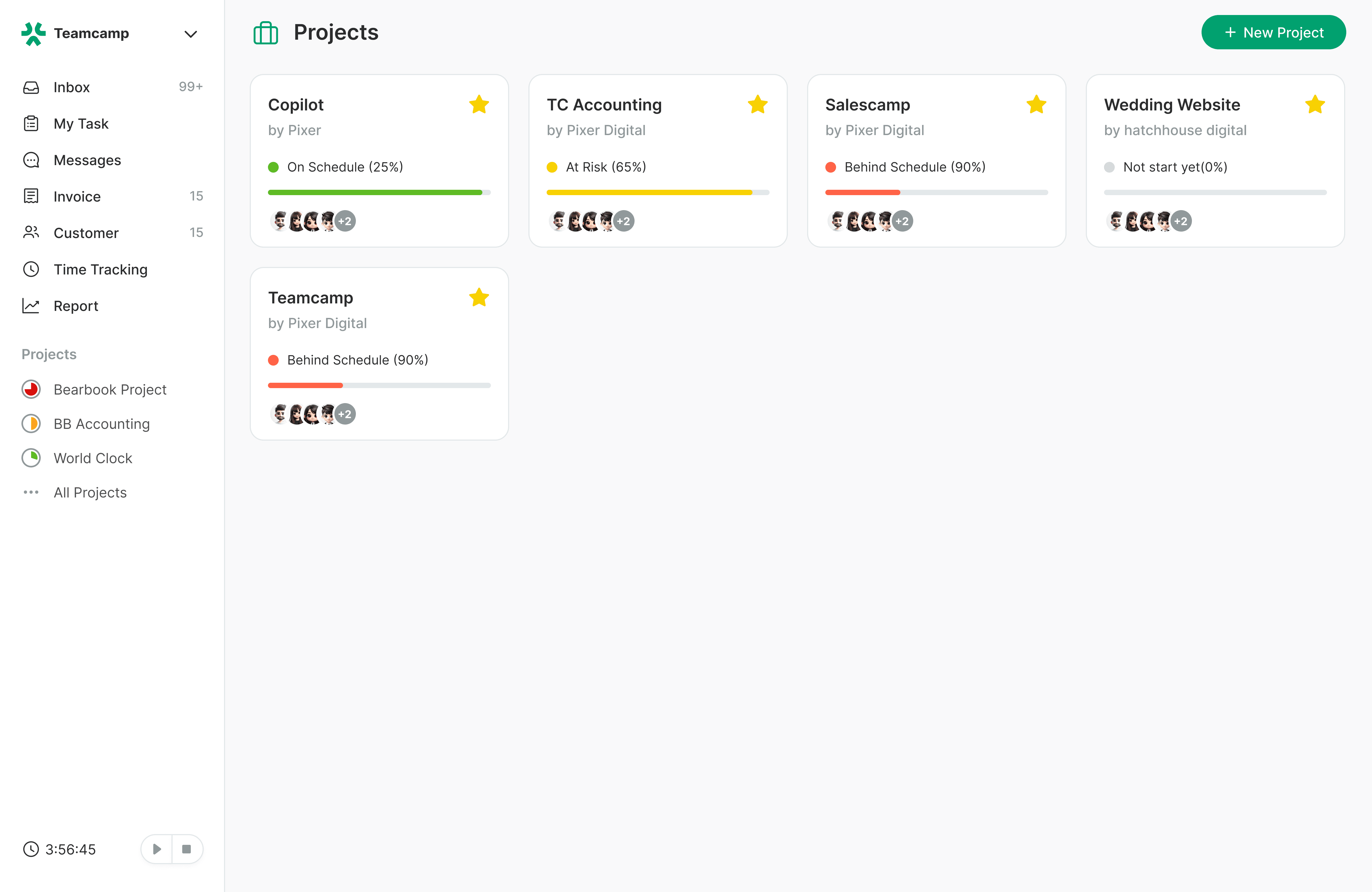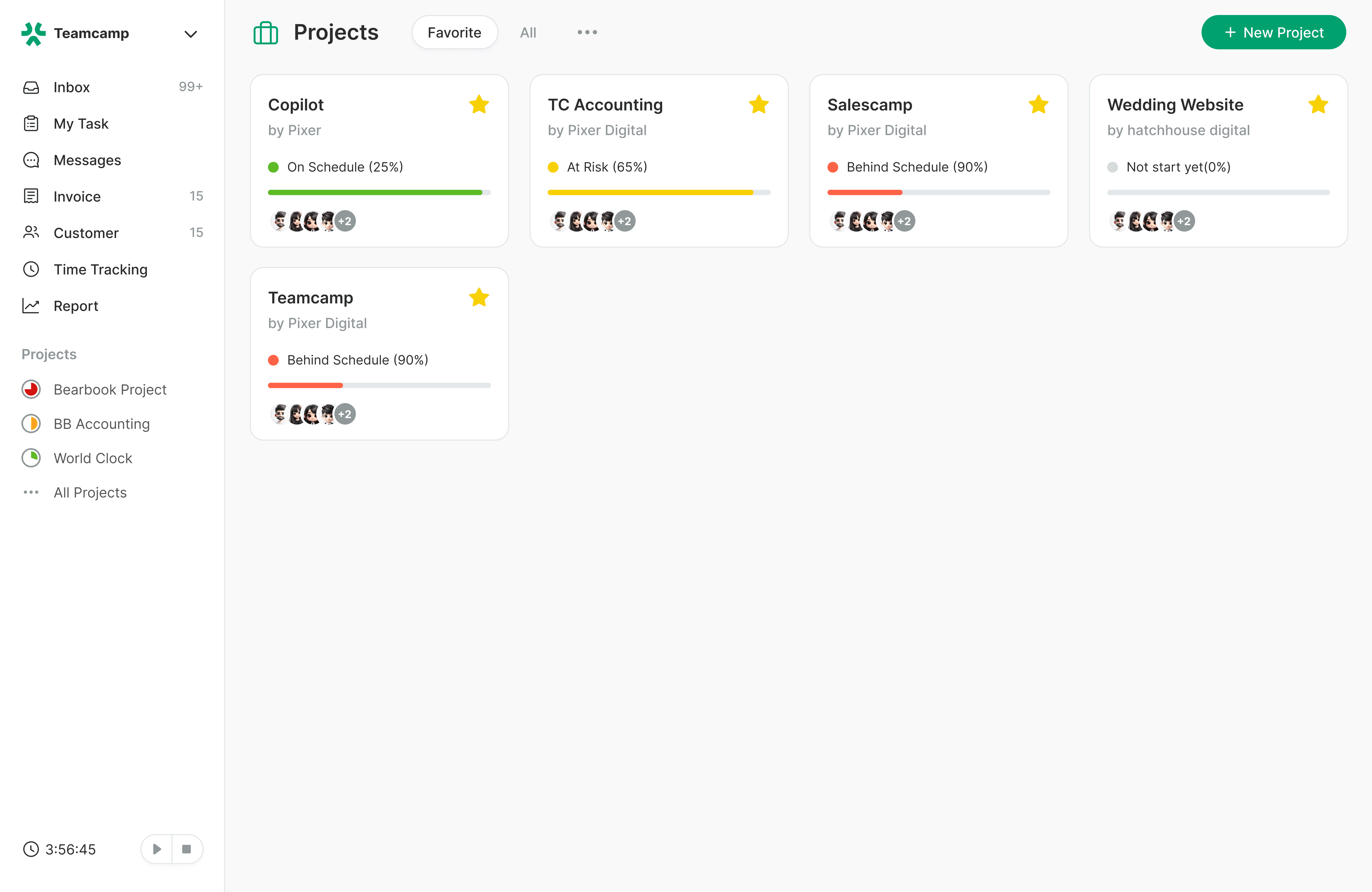Mastering the Art of Project Management: Navigating the Balance of Accuracy vs. Precision
Introduction
Accuracy and precision are delicately balanced when it comes to project management collaboration, which is a dynamic field. These two key pillars are often pivotal in achieving project triumph, and before we delve into the details, let's take a closer look at why finding this equilibrium, often framed as "accuracy vs precision," is paramount.
In the contemporary landscape of project management, where complexity and interconnectedness reign, the ability to navigate the delicate interplay between accuracy and precision is akin to steering a ship through turbulent waters. The nuances of this balance can be the linchpin to project success or failure. The "accuracy vs precision" debate is not just an academic discussion but a practical consideration that echoes through every stage of project development, from inception to completion.
Understanding Accuracy and Precision
In the context of project management, accuracy is a multifaceted concept that transcends mere compliance with project outcomes. It signifies a level of fidelity and closeness to the intended targets that goes beyond meeting deadlines and budget adherence. Consider completing a project within the designated budget and timeline as the baseline for accuracy. On the other hand, precision delves into the consistency and reliability of processes. It is the art of executing a project plan with meticulous attention to detail, ensuring that each step aligns seamlessly with the overarching project goals.
The dichotomy between accuracy and precision is not rigid; rather, it's a spectrum where projects strive to find their unique position. It's about understanding when to focus on fine-tuning specific aspects (precision) and when a broader, more encompassing approach is required (accuracy).
The Interplay Between Accuracy and Precision
Contrary to being opposing forces, accuracy and precision work in harmonious tandem to ensure project success. The delicate dance between these two elements is evident in numerous real-world examples where projects have successfully balanced them. Take, for instance, a construction project where precision in measurements and execution is vital. Still, the entire endeavor may face setbacks if the budget and timeline are not accurately managed.
However, maintaining this balance is a challenging feat. An imbalance between accuracy and precision can pose challenges, potentially impacting project outcomes negatively. It's in navigating this interplay, often framed as "accuracy vs precision," that projects find their sweet spot. Here, the project manager assumes the role of a conductor, orchestrating the elements of accuracy and precision to create a harmonious symphony of success.
Precision Tools for Collaboration
Enhancing precision in project management collaboration involves harnessing the power of advanced tools. These tools, including project management software, communication platforms, and data analysis tools, play a crucial role in ensuring that processes are efficient and consistently reliable. The strategic use of precision tools becomes an essential aspect of optimizing the "accuracy vs precision" balance.
As technology evolves, project managers find themselves at the intersection of innovation and necessity. Utilizing cutting-edge tools not only streamlines collaboration but also adds a layer of precision to every project phase. For instance, project management software enables real-time tracking and data analysis, providing a more granular view of project progress.
The "accuracy vs precision" dynamic is reflected in these tools' thoughtful selection and implementation. Project managers must weigh the need for precision in data analysis against the broader accuracy required in overall project planning.
Striving for Accuracy in Project Management
Achieving accuracy in project planning and execution is a nuanced process that demands a strategic approach, often within the context of "accuracy vs precision." The foundation for accurate project outcomes lies in robust data collection and analysis. This involves not only gathering relevant information but also ensuring its quality and reliability.
Imagine that a project manager is in charge of a marketing campaign. The accuracy of the campaign's success hinges on the precision of data gathered during market research. A meticulous examination of practical strategies, such as utilizing reliable data sources and implementing thorough analysis methods, offers tangible insights. Additionally, maintaining clear communication channels is vital throughout the project life cycle to address potential issues promptly and ensure everyone involved is on the same page.
In the pursuit of accuracy, project managers become adept at identifying key performance indicators (KPIs) that align with project objectives. These KPIs serve as guiding stars, providing a navigational map for the project team. The strategic use of KPIs further underscores the delicate balance within the "accuracy vs precision" paradigm.
Balancing Act: Achieving the Right Mix
Finding the optimal balance between accuracy and precision, encapsulated in the concept of "accuracy vs precision," is an ongoing challenge. Project managers need to be adaptable, tailoring their strategies based on each project's unique goals and requirements. One practical tip is to conduct a thorough project assessment at the outset, identifying key areas where precision is paramount and others where a focus on broader accuracy may be more suitable.
Let's consider a software development project. The precision required in coding and bug fixing is undeniable, but if the overall accuracy in understanding user requirements is compromised, the entire project could be at risk. As the project progresses, continuous monitoring and adjustment of strategies are essential. This balancing act involves staying flexible and responsive to the evolving dynamics of the project, ensuring that neither accuracy nor precision is sacrificed at the expense of the other.
Success in the "accuracy vs precision" balancing act is not a static achievement but a dynamic process. Project managers become adept at recalibrating their approach based on feedback, changing circumstances, and emerging insights. They develop a keen sense of when to pivot towards precision and when to cast a wider net for accuracy. This adaptability becomes a hallmark of effective project management.
The journey of achieving the right mix has its challenges. External factors, such as market fluctuations or unexpected technological advancements, can tilt the scales, demanding swift adjustments. The balancing act, therefore, is not just a strategic consideration but a continuous, ever-evolving process.
Overcoming Challenges
Maintaining accuracy and precision, especially within the context of "accuracy vs precision," comes with its set of challenges. For a project to be successful, these obstacles must be recognized, and solutions must be put in place. Lessons learned from past projects, particularly those framed within the "accuracy vs precision" paradigm, serve as valuable guides for future endeavors.
One common challenge is the inherent uncertainty that accompanies complex projects. Despite meticulous planning, unexpected variables may come into play, threatening the delicate balance. Project managers become adept at scenario planning, anticipating potential challenges, and developing contingency plans for accuracy and precision.
Another challenge lies in the human element of project collaboration. Miscommunications or misunderstandings can jeopardize the precision of execution. To overcome these obstacles, effective communication techniques like frequent team meetings, unambiguous documentation, and open reporting become essential resources.
Technological challenges like data security and system integrations also play a role in the "accuracy vs precision" equation. Here, project managers must navigate the landscape of available solutions, ensuring that the chosen tools align with the project's unique requirements.
Lessons from past projects become invaluable in overcoming these challenges. By cultivating a culture of continuous improvement, project managers create a repository of knowledge that informs future endeavors. This iterative learning process contributes to refining strategies within the "accuracy vs precision" framework.
Conclusion
Let's recap the key takeaways as we wrap up this exploration of "accuracy vs precision" in project management collaboration. It's evident that a thoughtful and strategic approach to these concepts is paramount. Project managers are not only encouraged but also challenged to continually refine their strategies, ensuring a harmonious blend that leads to success within the nuanced interplay of "accuracy vs precision."
The landscape of project management collaboration is dynamic, and the ability to master the art of balancing accuracy and precision is a journey, not a destination. The commitment to excellence and adaptability to changing circumstances will undoubtedly set project managers on the path to continuous success.
Share :




